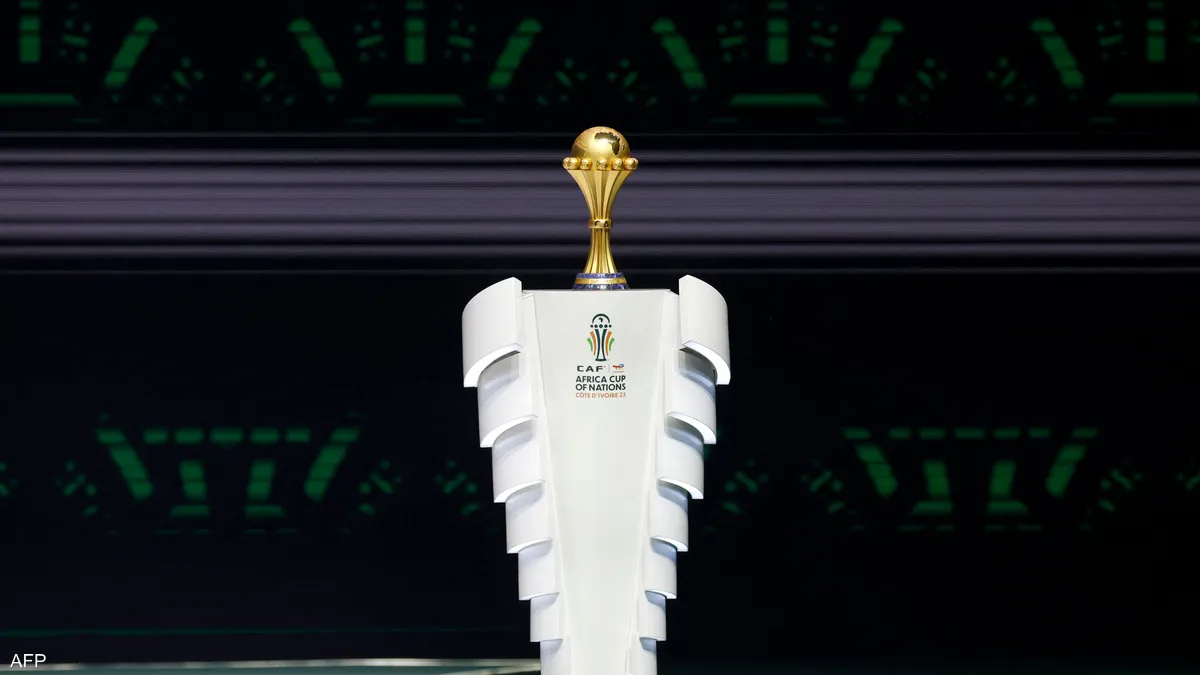With the imminent commencement of the Africa Cup of Nations in Côte d’Ivoire from January 13 to February 11, 2024, African national teams find themselves at the center of a predicament as European clubs grapple with the enforced absence of their star players during the continental tournament.
In a report published by “Football Ghana,” Athletic Bilbao, the Spanish club, has reportedly rejected the request to release their player, Inaki Williams, until after January 4, conflicting with the team’s scheduled match against Sevilla in the Spanish league.
Ghana’s national coach, Chris Hughton, had earlier announced a preliminary list of 55 players, including Inaki, for the tournament.
However, European clubs, adhering to their league schedules, are reluctant to release players before the stipulated FIFA deadline of January 3 for final squad declarations.
The situation extends to Valencia, where midfielder Slim Amallah faces a similar restriction, raising concerns for Morocco’s coach Walid Regragui as he prepares for the championship.
The clash of schedules has become a recurring issue, as African teams seek to secure their international talents amidst European club commitments.
In light of these challenges, Moroccan journalist Hamza Ishtawi remarked that the timing of the Africa Cup of Nations has become a crucial factor for clubs when signing players.
Ishtawi noted instances such as Real Madrid retracting from signing Moroccan goalkeeper Yassine Bounou due to the tournament, a decision prompted by the injury of Belgian goalkeeper Thibaut Courtois, leading Bounou to eventually join Saudi club Al-Hilal in the summer transfer window.
Ishtawi further pointed out that the tournament’s scheduling, aligning with a crucial phase of the European season, has raised concerns among European coaches, as exemplified by Luciano Spalletti, then Napoli’s coach in 2021, who described the Africa Cup of Nations as a “hidden monster” set to take away key players, including Osimhen.
The controversy surrounding the departure of players for the Africa Cup of Nations highlights the delicate balance between national team duties and club commitments, prompting debates about potential amendments to FIFA regulations.
As the tournament approaches, the clash of priorities underscores the challenges faced by players, coaches, and clubs alike in navigating the intricacies of international football schedules.












